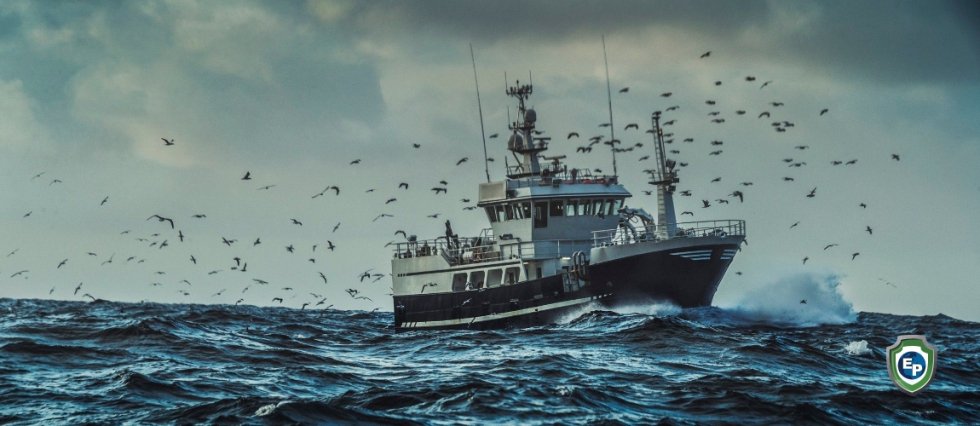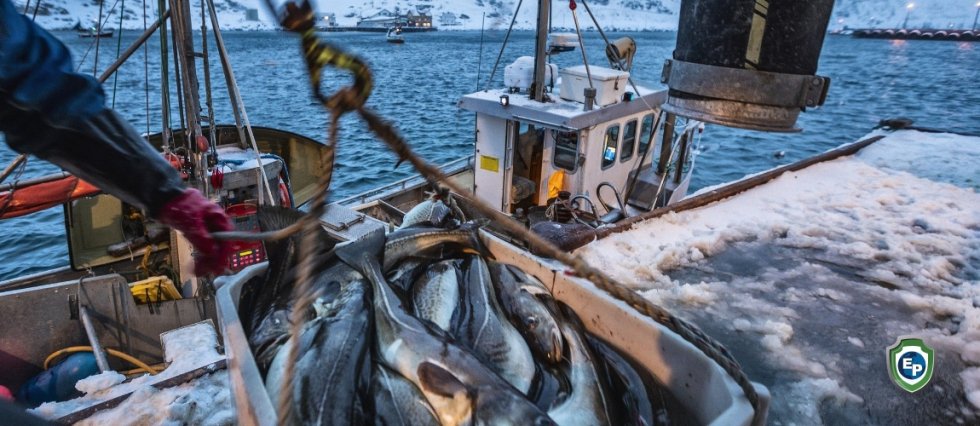The Fish Problem: Why the WTO’s Future Lies in Some Murky Waters
There are a lot of potential threats to the WTO – protectionism, unrest about certain countries' inclusion, etc. However, it seems like the biggest threat is...fish? Learn why in this blog!

There’s no shortage of criticism of international regulatory bodies from the United Nations, to the World Health Organization, to even UNESCO. But perhaps none of these international overseers is in as much existential threat as the World Trade Organization (WTO). Many are openly questioning the usefulness of the WTO. Protectionism is a growing sentiment across the world, and China’s inclusion in the organization has disconcerted many. And then comes the most significant threat to the WTO of all...fish?
Yes, fish. Kind of. Fish are a significant concern for the WTO at the moment and not just because they are the subject of the only major negotiations still active at the time of writing. The problems of establishing a deal on fish are a microcosm of the WTO’s problems writ large. First, any WTO deal requires unanimous approval from all 164 members. Quite what Slovakia and Burkina Faso or other landlocked nations want from a fishing agreement is hard to say. Second, our gargantuan global appetite for fish has put us on course for catastrophic environmental consequences is undeniable.

Fish consumption has more than quadrupled since the 1960s. Overfishing has done tremendous harm to our oceans, possibly immeasurable and possibly irrevocable. If we could all eat vegetables and nuts, we’d be much better off, except for the 140 million people whose livelihoods depend on fishing. And this represents a recurring problem for the WTO: balancing economic interests with environmental ones. The two are not mutually exclusive, though those currently profiting extravagantly from the status quo often make it seem like they are. Can the WTO craft a deal that appeases both multinational corporate fishing interests, humble fishers in developing countries, and ensures we don’t overfish our oceans to death in a matter of decades?
It’s a daunting task. That balance of interests between developing and developed nations is particularly vital, and it brings us to the third facet of the fish problem. The WTO has different rules for developed and developing countries. The impetus for this is honorable; the recognition that rich nations have got rich by playing by specific rules that frequently disadvantaged developing nations and those poorer nations deserve special consideration until the playing field is leveled. But establishing sustainable fishing quotas in the North Atlantic will do little if South Asian fishers can deplete their fishing stocks to extinction. The environment affects all of us, and with 37% of fish traded internationally, this is a global problem requiring a comprehensive solution.
If the WTO can sort out the fish problem, it will be better for everybody. But small and medium enterprises (SMEs) know they can’t rely on international bodies to help them out. It’s best to be proactive. Export Portal can help SMEs make the best of any situation, find new markets, and streamline importing/exporting methods.






Comments 0